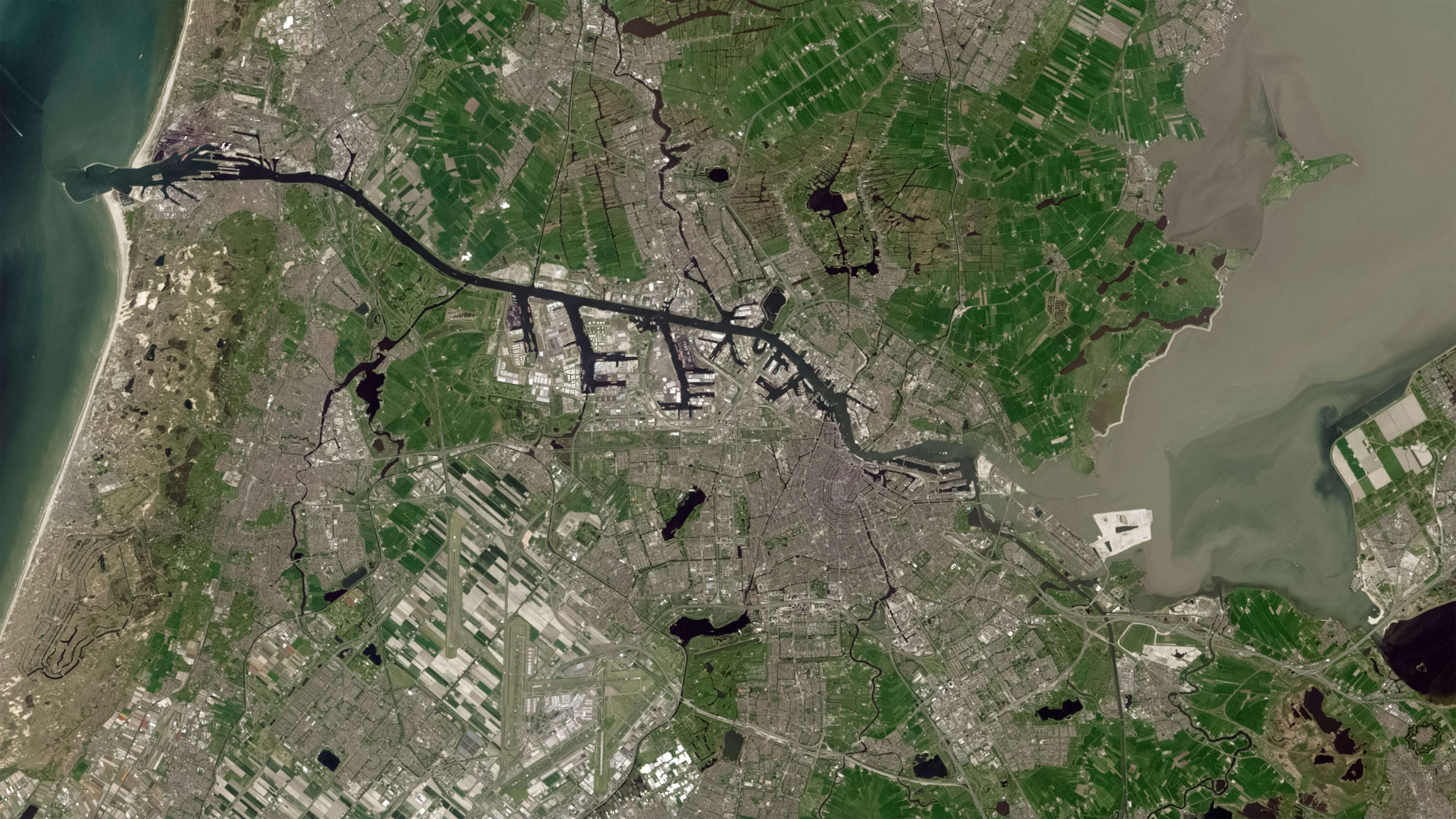From workshops and trainings to large conferences, our modern facilities — including hybrid options and sustainable catering — ensure a smooth experience. We also offer optional support with guest registration, check-in, ticketing, and event communications. Contact our team for a custom, no-obligation quote:

Fiscal Decentralisation and Local Finance

Introduction
How a country organises its finances shapes how local authorities govern their cities, towns, and villages. Fiscal decentralisation gives local governments greater authority to decide how and where to allocate resources, enabling them to better respond to citizens’ needs.
For decentralisation to succeed, national governments must establish clear fiscal arrangements to support local service delivery, while local authorities must strengthen their financial capacities and optimise resource use.
This course explores key aspects of fiscal decentralisation, including expenditure responsibilities, intergovernmental transfers, and local revenue sources. Embedded in the broader context of decentralisation, the training also highlights the importance of political decentralisation.
The programme combines theoretical insights with global best practices, facilitating group discussions and learning from study visits to the Ministry of Interior, Provincial Government, and The Hague municipality. Tailored to participants’ needs, sessions cover topics such as corruption, participatory budgeting, local taxation, and financial accountability principles.
Key Information
This course is designed for professionals working on (fiscal) decentralisation processes, public sector reform programmes, public service delivery or public financial management. Participants come from national, regional and local governments as well as from donor and development organisations.
The course fee is € 3,895*. This includes all training related costs as well as drinks and warm lunches during the training days. Group discounts are available if you participate with three or more colleagues.
After this course, you will receive a professional certificate of completion from The Hague Academy for Local Governance.
*Professionals working in local government or for local NGOs on the DAC list of ODA-recipient countries (OECD) may qualify for a reduced course fee. Contact us for details.
Learning objectives
The Fiscal Decentralisation and Local Finance course will help you:
- Explain the fundamental pillars of fiscal decentralisation (expenditure assignment, revenue assignment, sub-national borrowing and intergovernmental fiscal transfers);
- Assess decentralisation and its potential in their own country with the help of the MOOD-framework (Multilevel governance as an Obstacle or Opportunity for Development) ;
- Identify sources to increase local revenue, such as taxes, user fees, intergovernmental fiscal transfers and public-private partnerships;
- Design and lead inclusive, participatory, and gender-responsive budgeting processes;
- Understand different mechanisms for transparency and accountability in local government budgeting and spending.
Experience
The course includes visits to a municipality, a provincial government, and the Ministry of Interior in the Netherlands. These visits offer valuable insights into how fiscal decentralisation is organised and the financial relationships between different levels of government. You will draw lessons from these experiences that are relevant to your own context. The programme also features group work to explore best practices from other countries and address challenges in fiscal decentralisation. Additionally, discussions will include recent experiences with local property tax reforms in Ghana, providing practical examples to inform the design of local property tax strategies.
Register Here This link opens in a new tab
